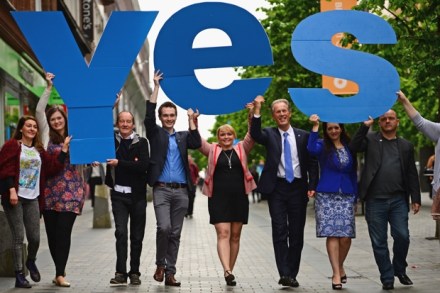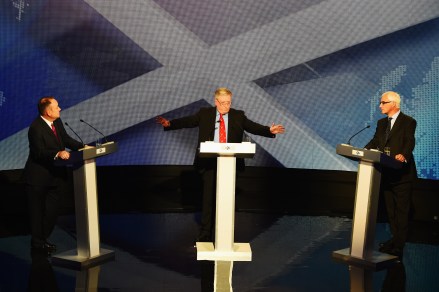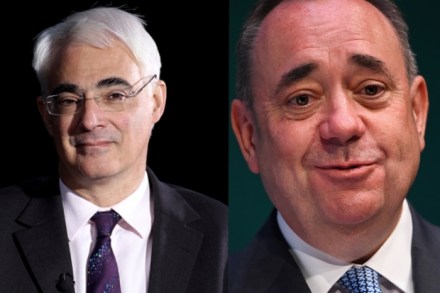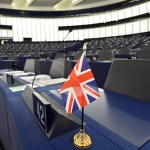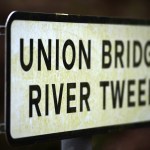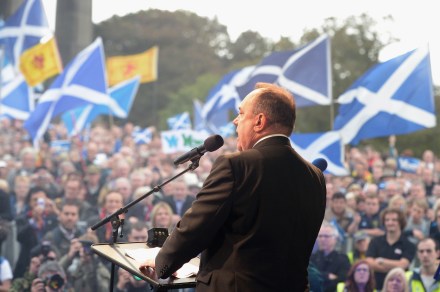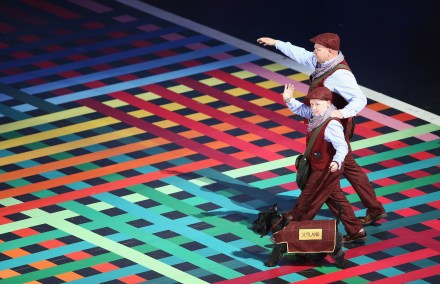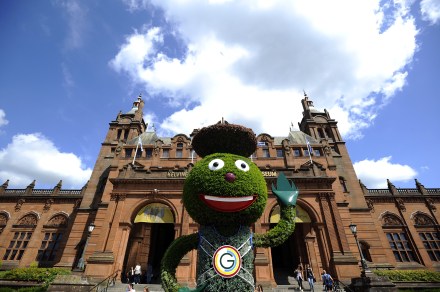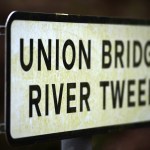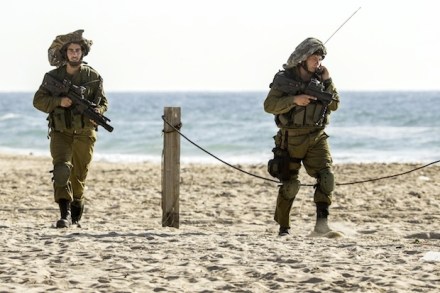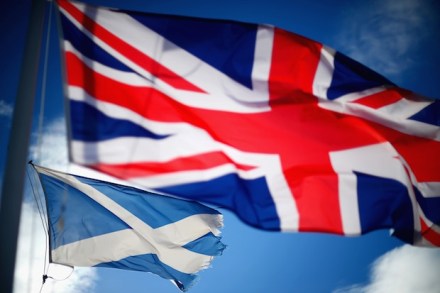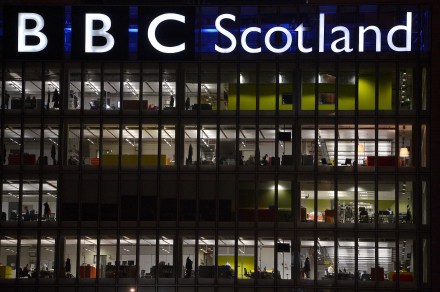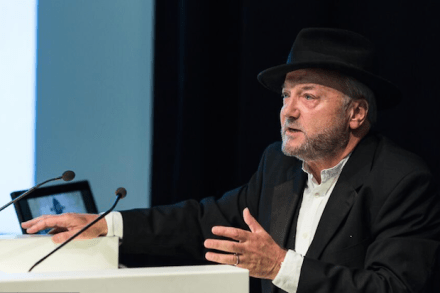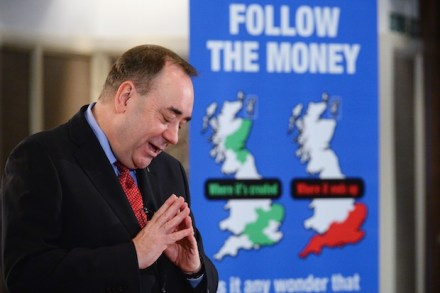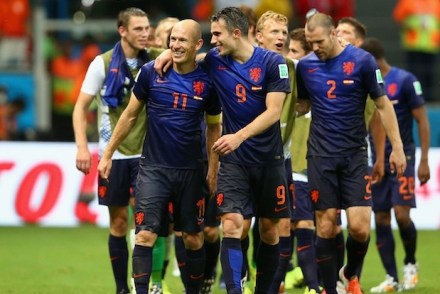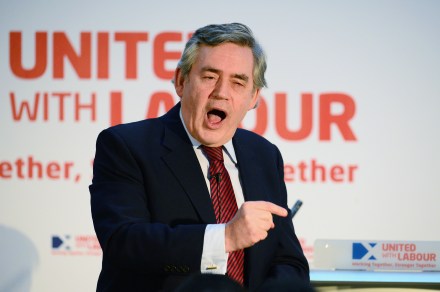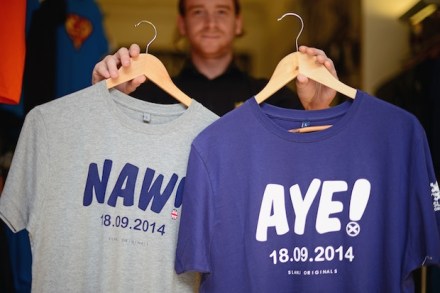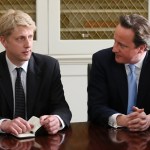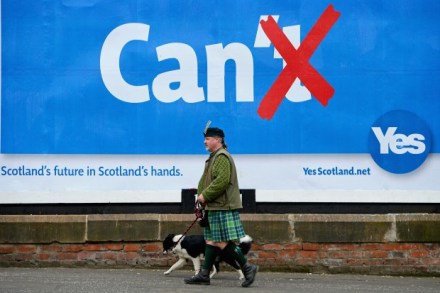Secret oil fields! Skewed polls! The Yes campaign is losing the plot
Edinburgh When the histories of the Scottish independence debate are written, 13 February 2014 will be seen as a crucial date in the story. It was then that George Osborne suggested that no Westminster government, of any party, could countenance a currency union with an independent Scotland. Such an arrangement might be good for Scotland but it would make little sense for the rump United Kingdom. And with that observation, boom went much of the nationalists’ economic credibility. Osborne and his accomplice Alistair Darling might seem an improbable double act (though Osborne’s record in office bears a passing resemblance to Darling’s plans had Labour won) but together they might just
